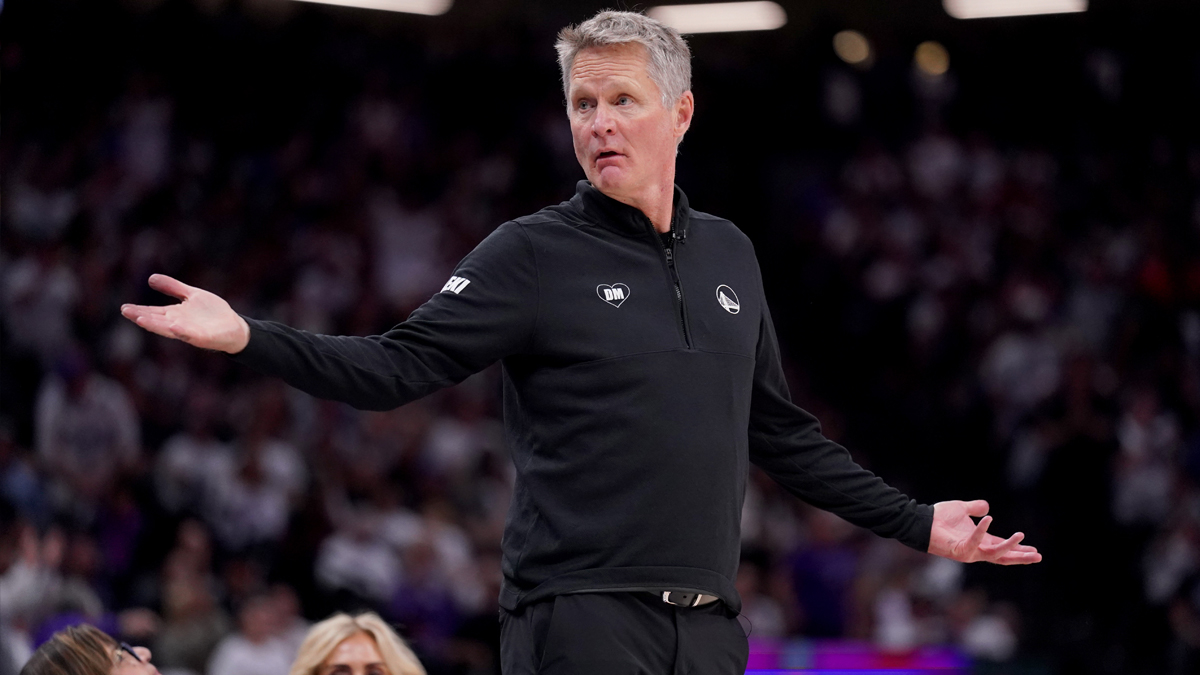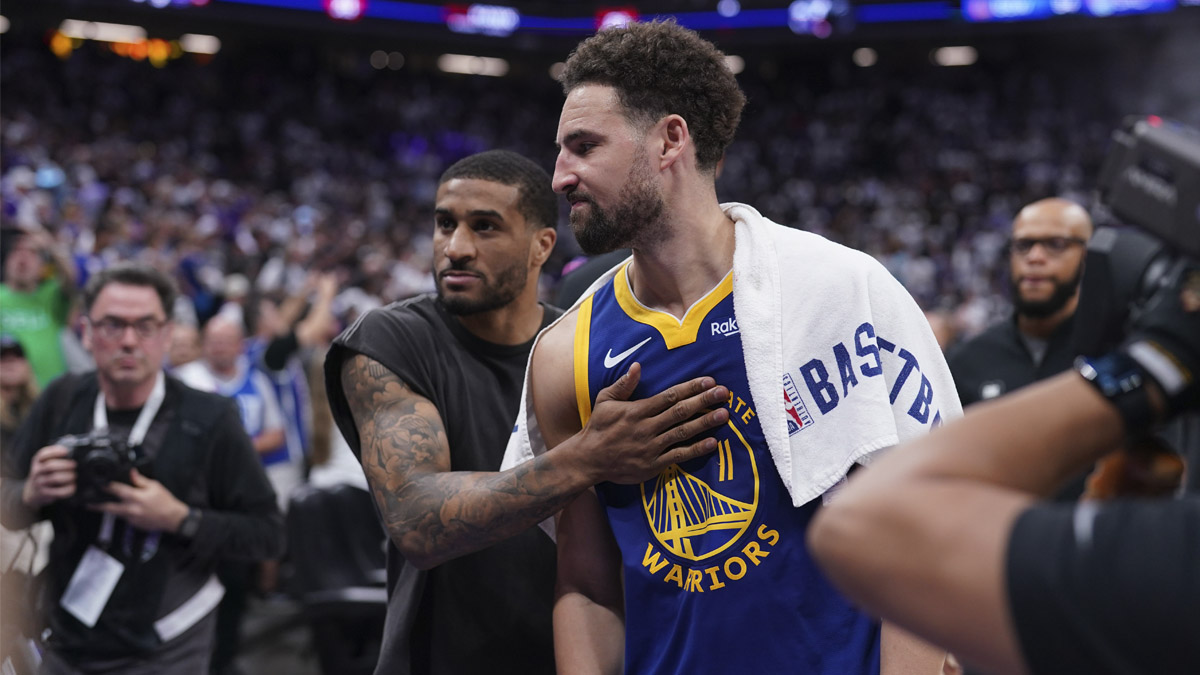The sight of figure skating fans strolling past the historic Ryman Auditorium and mingling around the entrance to Bridgestone Arena for the U.S. championships this week is at once fabulous and frightening.
Fabulous in that it should provide plenty of energy and atmosphere for the athletes, who last year had to skate before a sea of cardboard cutouts in Las Vegas because of the COVID-19 pandemic.
Frightening for those with Olympics ambitions who, despite stringent protocols and vaccination requirements for everybody from fans on down, could be put at risk less than a month before the Beijing Games.
Get a weekly recap of the latest San Francisco Bay Area housing news. Sign up for NBC Bay Area’s Housing Deconstructed newsletter.
“I know U.S. Figure Skating is doing everything it can to keep all the skaters and everyone protected,” said Karen Chen, a member of the 2018 team for the Pyeongchang Games. “All the skaters are vaccinated. We need a PCR test that’s negative before we get a credential. At least the people around me should be good and COVID-free.”
“But with the new variant out there, it’s a little scary,” Chen added. “I know it’s definitely going to be around. All we can do is just sanitize our hands a lot, wear our masks and hope for the best.”
For those who have credentials for the event -- athletes, coaches, judges and the media -- it takes navigating a pleasant if strict assembly line-like process just to gain entry. There are waivers to be signed, vaccination cards to be shown, a negative test taken within 72 hours of receiving credentials, and the agreement to test again four days after arrival.
Sports
For the fans, the decision was made late last month to implement stricter protocols that include proof of vaccination or a negative test within three days of the day they attend for anybody over 5 years old. There are signs with QR codes all over the place to download the CLEAR app, which helps streamline the process.
“I don’t know how I feel,” said two-time U.S. champ Alysa Liu, who is hoping to make her Olympic debut next month. “It would be a lot safer if everyone was vaccinated going through the hotels and stuff, but as long as I wear my masks the whole time and try to stay six feet apart or further from people, then I should be fine.”
Still, there are many other Olympic precursors unwilling to take a chance so close to the Beijing Games.
Last week, Skate Canada announced it will have no fans in attendance for its national championships, which begin this weekend at TD Place Arena in Ottawa. The move aligns with the Ontario government’s decision to limit attendance at sports and other event venues to 1,000 spectators or 50% of capacity, whichever is less.
Much like the rest of the world, the province has been dealing with soaring case numbers due to the omicron variant.
“We know how big of a deal this is,” said Piper Gilles, who along with partner Paul Poirier have medal ambitions in pairs for Canada in Beijing. “Our Olympic dreams can be taken away within days if something happens. But we can’t really look at it because if we do that, we’re going to drive ourselves absolutely crazy. And that’s not good. It’s not good mentally.”
The U.S. Olympic speedskating trials also will be held without fans at the Pettit National Ice Center in Milwaukee. That decision was made on Monday, just two days before athletes were to begin vying for their spot on the team for Beijing.
“It’s vital that we continue to keep a strong focus on the health and welfare of our athletes,” said Ted Morris, executive director of U.S. Speedskating. “Our ability to create a competition bubble provides us with the best situation to protect our athletes while providing them with the opportunity to qualify for the Beijing team at the Olympic trials.”
Every athlete appreciates the roar of the crowd -- the energy and excitement it brings to the field of play. That has never been more evident than now, after a year or more of competitions with often limited or no fans in attendance.
Figure skating is unique, though, in that it’s part sport and part performance art. For every double axel or triple lutz, there are nuanced movements in rhythm with the music that are meant to be appreciated by those in the stands.
When there’s nobody in the stands -- well, it’s just not the same.
“I’ve been triple-vaxxed and will wear my mask everywhere I can, and I know people will be wearing masks in the rink,” said Nathan Chen, who is aiming for his sixth consecutive U.S. title this week and then Olympic gold next month.
“Situations will always be changing,” he said, “so I have no idea what is going to turn out, so my focus is preparing myself as best as I can for nationals and trying to keep myself safe within my own bubble.”



